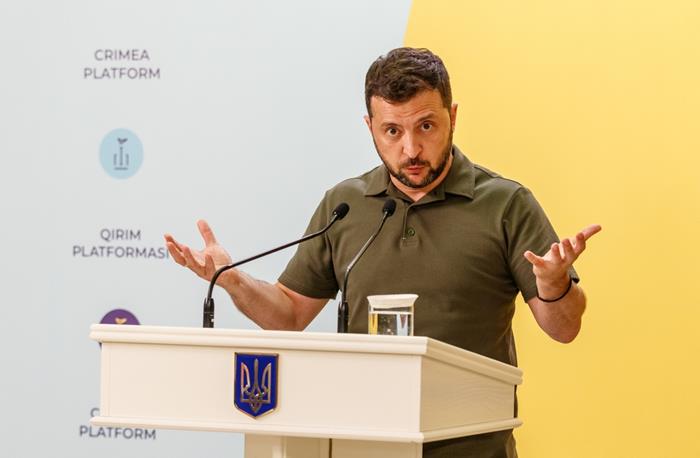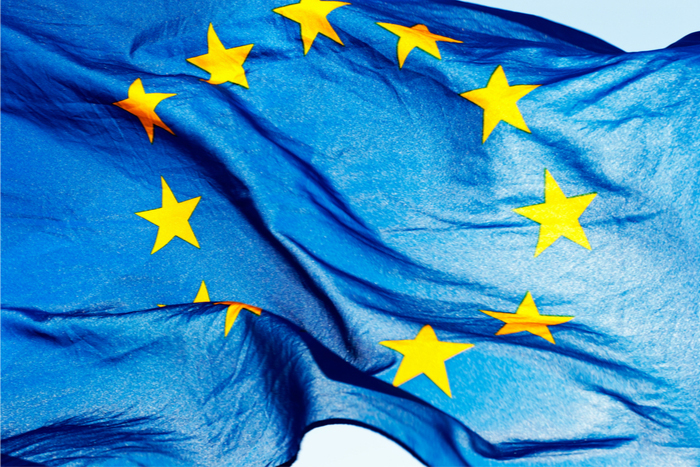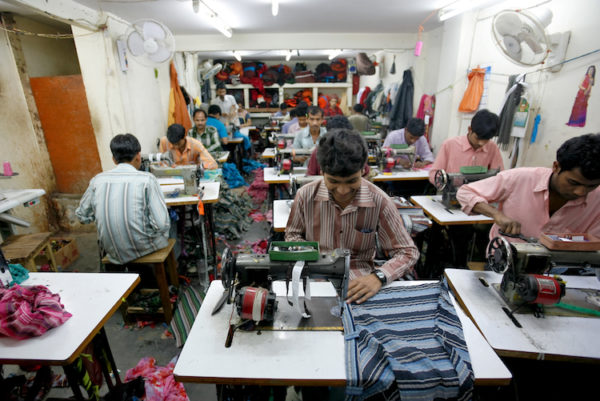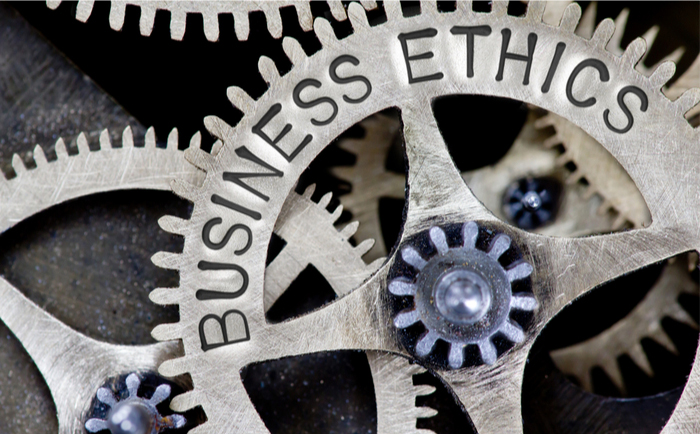As the war for Ukrainian survival rages, many companies, though not all, have taken the decision to pull out of Russia. The assumption was they would rewarded. But according to a new study, that is not the case.
A team of academics from Ireland and the US looked at the decisions of Wall Street multinationals with interests in Russia in the immediate aftermath of the invasion in 2022.
The results are stark. They find that firms which took no action in the wake of Putin’s invasion saw no change in returns on their stock. Indeed, some may have even seen a growth in returns.
However, firms that took the strongest action against Russia—a temporary exit from Russian operations or full divestment of subsidiaries, operations and investments—saw their stock returns fall. They were not rewarded by investors.
The team of researchers say the Russian invasion provided the opportunity to observe whether companies that do the “right thing” benefit from better returns on their shares. The results were disappointing.
“We show that the Western firms that took the strongest actions against Russia were penalised by the markets for ‘doing the right thing’,” the team writes.
They conclude: “Our results show that while market participants claim to value ESG commitments by firms, their money does not always follow.”
The results of the study will be an additional element in the debate over how companies should have reacted to the invasion of Ukraine .
Last year, leadership professor Steve Kempster wrote that taking a stand against taking a stand against Russia was “more than just good PR”.
“So, maybe the business world has turned an important page, and the stand it is taking is evidence of a new way of understanding its purpose and role in society,” he wrote. If so, investors—despite grand statements—have failed to turn the same page.
A ‘conflict-sensitive’ approach
The Business and Human Rights Resource Centre points out that the UN’s Guiding Principles on Business and Human Rights say companies should “take extra steps in their human rights due diligence processes and adopt a conflict-sensitive approach due to the heightened and severe risk of gross human rights abuses”.
The Ukrainian government maintains a list of “International Sponsors of War” on which its National Anti-Corruption Commission places companies it believes have benefited the Russian state through their business interests. This week, PepsiCo and Mars were added to the list, joining the UK’s consumer goods giant Unilever and French supermarket Auchan, among others.
In a demonstration of the divisions among big name companies, Norwegian airline SAS promptly removed PepsiCo products from its services.
An update last week from a Yale School of Management monitoring project says around 1,000 companies have said they will “curtail” business in Russia. However, it also points out that many remain.
Yale’s work indicates some complexity, with a list of five categories all the way from companies that have pulled out entirely to those that have simply “postponed” future plans. That indicates that reasons for remaining in Russia may also be diverse, ranging from indifference to Ukraine to inextricably competing interests to untangle.
That said, big brands are still pulling out. Dutch beer maker Heineken reportedly exited Russia in August, but only after selling its business interests to Russia’s Arnest Group for a single “symbolic” Euro.
How companies react to military aggression will remain the subject of debate. Pressure remains through sanctions and public focus. But the latest news—that investors may resist rewarding companies for their ethical choices—indicates companies should be prepared to take a hit when they do the right thing.





